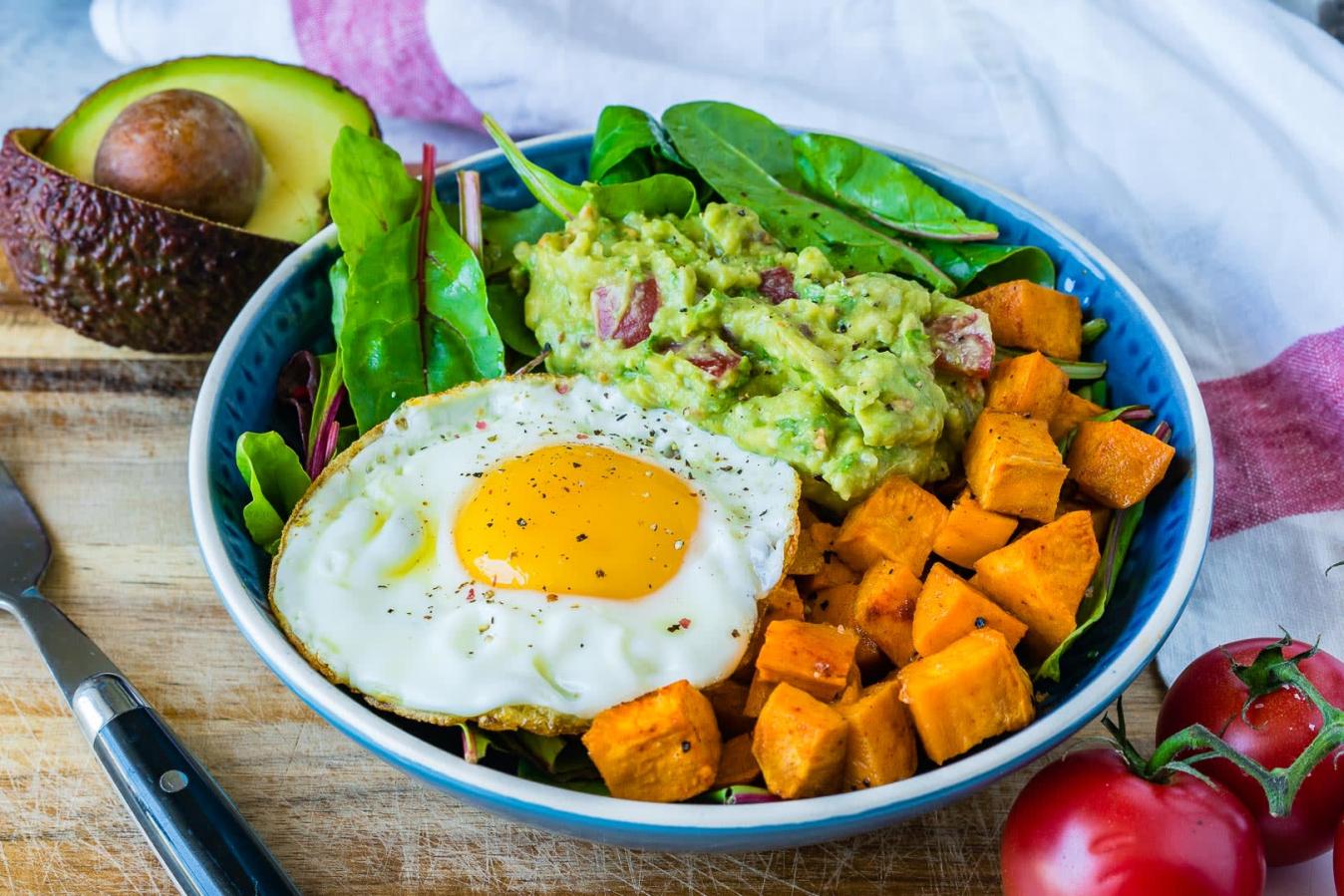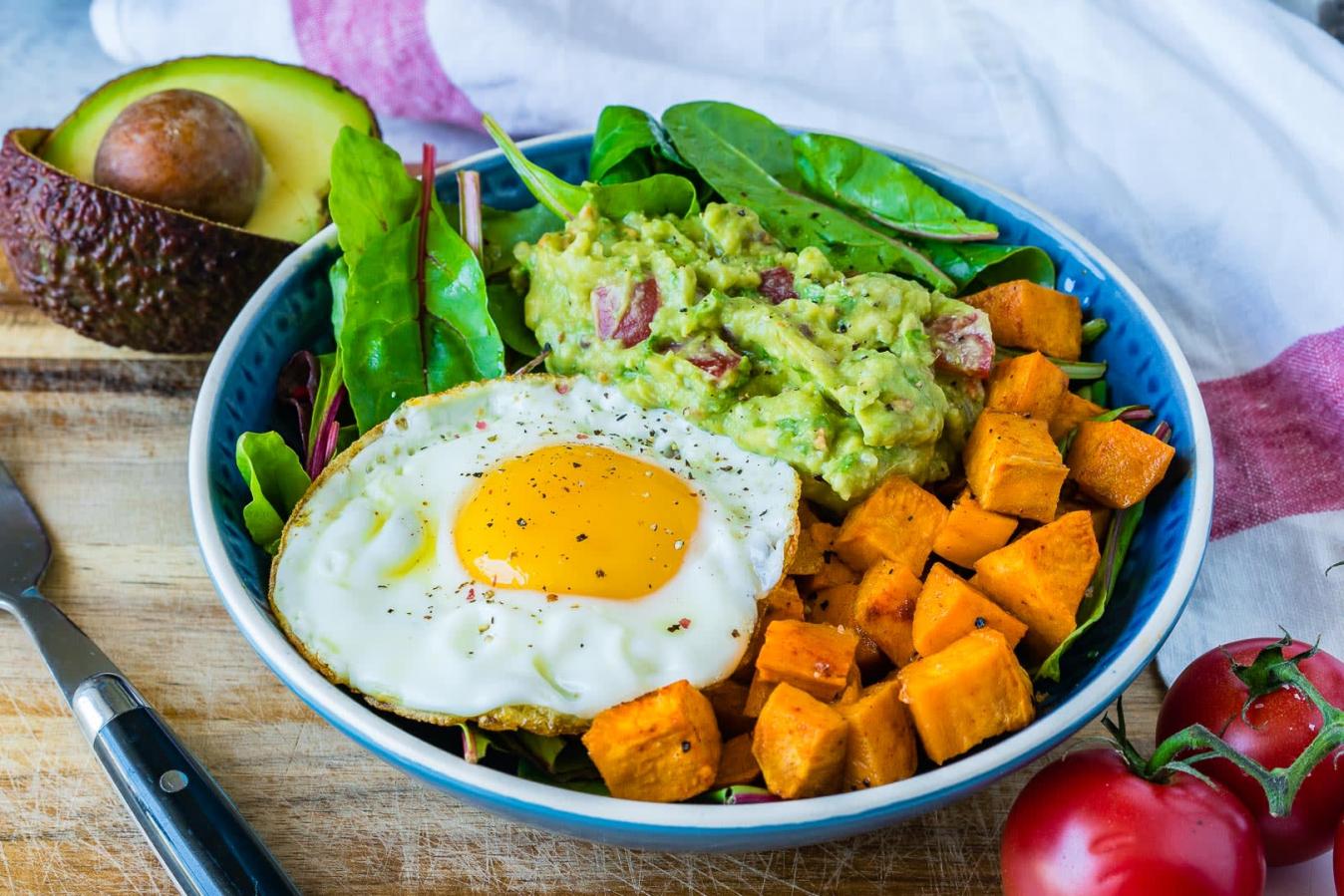How Can I Make Sure I'm Getting All the Essential Nutrients I Need on a Clean Eating Diet?
Clean eating is a popular dietary approach that emphasizes the consumption of unprocessed, whole foods. While this way of eating can offer numerous health benefits, it's essential to ensure you're getting all the essential nutrients your body needs for optimal health and well-being.

Understanding Nutrient Needs
Essential nutrients are substances that the body cannot produce on its own and must obtain from food. These nutrients include carbohydrates, proteins, fats, vitamins, and minerals. Each nutrient plays a specific role in the body, contributing to energy production, tissue repair, immune function, and overall metabolism.
Nutrient density refers to the amount of nutrients present in a food relative to its calorie content. Nutrient-dense foods provide a high concentration of nutrients per calorie, making them valuable additions to a clean eating diet.
Dietary Sources Of Essential Nutrients
- Carbohydrates: Whole grains, fruits, vegetables, legumes
- Proteins: Lean meats, poultry, fish, eggs, beans, lentils, nuts, seeds
- Fats: Olive oil, avocado, nuts, seeds, fatty fish
- Vitamins: Fruits, vegetables, whole grains, nuts, seeds
- Minerals: Leafy green vegetables, nuts, seeds, legumes, fortified foods
Nutrient-dense meals and snacks can include:
- Oatmeal with berries and nuts
- Grilled salmon with roasted vegetables
- Lentil soup with whole-grain bread
- Greek yogurt with fruit and granola
- Trail mix with nuts, seeds, and dried fruit
Planning A Balanced Clean Eating Diet

Variety and moderation are key to creating a balanced clean eating diet. Aim to include a variety of food groups and specific foods within each group to ensure you're getting a wide range of nutrients.
When planning meals, consider the following:
- Balance macronutrients: Carbohydrates provide energy, proteins build and repair tissues, and fats support hormone production and cell function. Aim for a balance of these macronutrients in each meal.
- Include micronutrients: Vitamins and minerals are essential for various bodily functions. Choose foods rich in these nutrients, such as fruits, vegetables, whole grains, and nuts.
- Limit processed foods: Processed foods are often low in nutrients and high in added sugars, unhealthy fats, and sodium. Limit these foods in your diet.
Incorporating Nutrient-Dense Foods
- Start your day with a nutrient-rich breakfast: A balanced breakfast can set the tone for the day. Include whole grains, proteins, and healthy fats in your morning meal.
- Snack wisely: Choose nutrient-dense snacks, such as fruits, vegetables, nuts, seeds, and yogurt, to keep your energy levels up between meals.
- Make nutrient-rich meals: Incorporate a variety of vegetables, lean proteins, and whole grains into your meals. Use herbs and spices to enhance flavor without adding unhealthy ingredients.
- Experiment with new recipes: Trying new recipes can help you discover new nutrient-rich foods and dishes that you enjoy.
Addressing Specific Nutrient Concerns

Some nutrients may be more challenging to obtain on a clean eating diet. These include:
- Iron: Iron is essential for red blood cell production and oxygen transport. Good sources of iron include lean meats, poultry, fish, beans, lentils, and fortified cereals.
- Calcium: Calcium is crucial for strong bones and teeth. Good sources of calcium include dairy products, leafy green vegetables, fortified plant-based milks, and fortified juices.
- Vitamin B12: Vitamin B12 is essential for nerve function and red blood cell production. Good sources of vitamin B12 include meat, poultry, fish, eggs, and fortified cereals.
If you're concerned about meeting your nutrient needs, talk to your healthcare provider or a registered dietitian for personalized advice.
Importance Of Hydration
Water is essential for nutrient absorption and overall health. Aim to drink plenty of water throughout the day to stay hydrated.
Supplements And Fortified Foods
Supplements and fortified foods can be helpful in enhancing nutrient intake, but they should not replace a balanced diet. Talk to your healthcare provider before taking any supplements to ensure they're right for you.
Mindful Eating And Intuitive Eating
Mindful eating and intuitive eating practices can help you make healthier food choices and pay attention to your body's signals of hunger and fullness. These practices can support a balanced and nutrient-rich clean eating diet.
Regular Check-Ins With A Healthcare Professional
Regular check-ins with your healthcare provider can help you monitor your nutrient levels and overall health. Your healthcare provider can provide personalized dietary advice based on your individual needs and circumstances.
A balanced and nutrient-rich clean eating diet is essential for optimal health and well-being. By understanding your nutrient needs, incorporating nutrient-dense foods, and addressing specific nutrient concerns, you can ensure you're getting all the essential nutrients you need on a clean eating diet.
If you have specific nutrient concerns or underlying health conditions, consult with your healthcare provider or a registered dietitian for personalized guidance.
YesNo

Leave a Reply